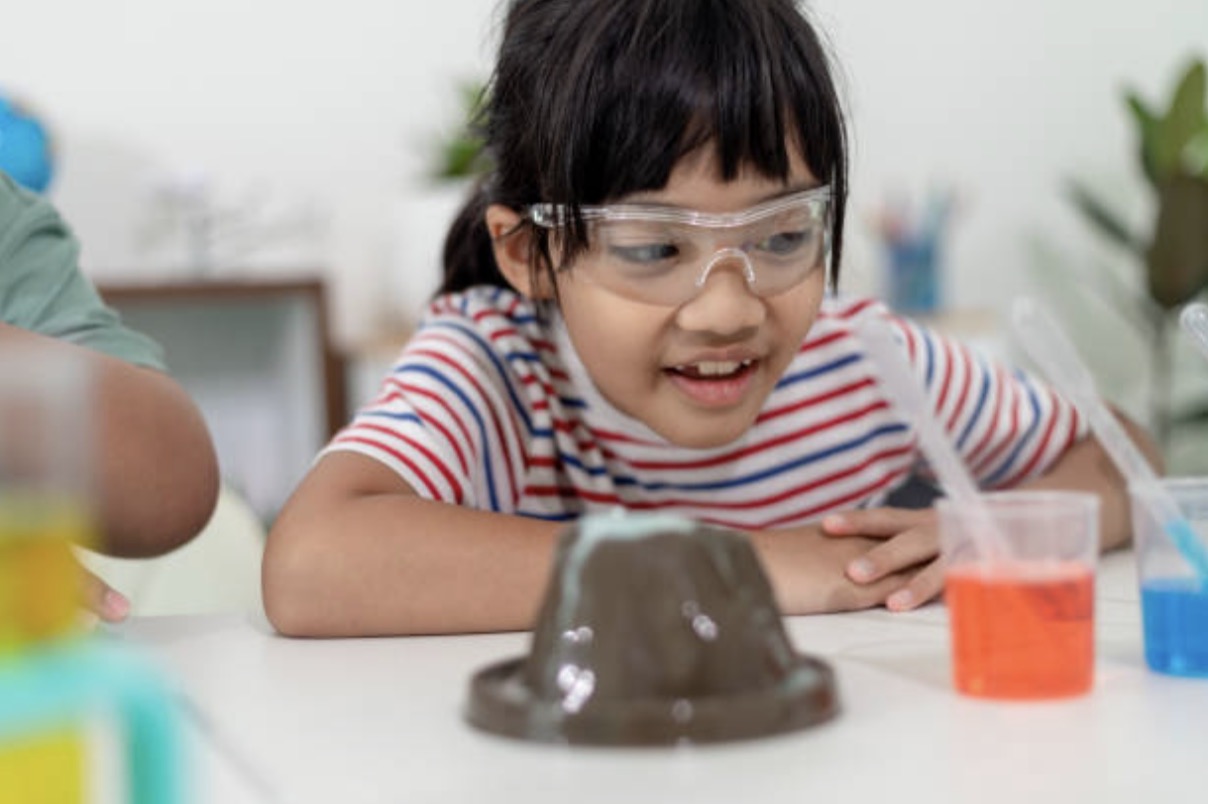Research

Giving Kids a Head Start: How Early Childhood Education Can Promote Brain Development and Lifelong Learning

Early childhood education is an essential component of a child’s development, as it helps to promote brain development and lifelong learning. Research has shown that the first five years of a child’s life are critical for their cognitive, emotional, and social development. During this time, children’s brains are rapidly developing and forming connections that will affect their future learning and behavior. By providing children with a head start through early childhood education, we can give them the best possible chance for success in life.
One of the primary ways that early childhood education promotes brain development is by providing children with stimulating and varied experiences. Children are naturally curious and eager to learn, and early childhood education can tap into that curiosity by providing them with a variety of activities and experiences that will challenge their minds and help them to develop new skills. For example, children who are exposed to music, art, and movement programs will develop their creativity and fine motor skills. Children who are exposed to language and literacy programs will develop their language and reading skills. And children who are exposed to science and math programs will develop their logical reasoning and problem-solving skills.
Early childhood education also promotes brain development by providing children with a safe and nurturing environment. Children who feel safe and supported are more likely to take risks and explore new ideas. They are also more likely to form positive relationships with adults and other children, which is essential for their social and emotional development. Children who have positive relationships with adults also tend to have better self-esteem, self-control, and empathy.
Another way that early childhood education promotes brain development is by providing children with opportunities to learn in a hands-on and interactive way. Children learn best when they are actively engaged in the learning process, rather than simply being passive recipients of information. For example, children who are given the opportunity to participate in hands-on science experiments will develop their critical thinking skills and problem-solving abilities. Children who are given the opportunity to work on art projects will develop their creativity and fine motor skills. And children who are given the opportunity to play with blocks or other building materials will develop their spatial reasoning skills.
Finally, early childhood education promotes brain development by providing children with a foundation for lifelong learning. Children who have a strong foundation in early childhood education are more likely to be successful in school and in life. They are also more likely to develop a love of learning that will stay with them throughout their lives. By providing children with a head start through early childhood education, we can give them the best possible chance for success in life.
In conclusion, early childhood education is a crucial component in a child’s development and it has been proven to promote brain development and lifelong learning. It is essential that children are provided with a safe and nurturing environment, stimulating and varied experiences, hands-on and interactive ways of learning, and a foundation for lifelong learning. It is important that we invest in early childhood education to give children the best possible chance for success in life.
Start using Personhood360 for free!
Access all Personhood360 features for 30 days, to see how Personhood360 can add value to your early childhood centre.
Or compare plans from $2.45 per child/month
![]() Cancel any time
Cancel any time![]() Online Support
Online Support
